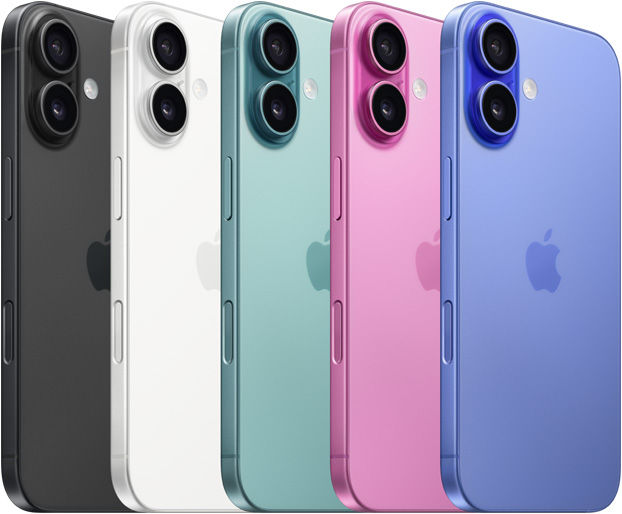Apple Inc. has put forward a nearly $10 million investment proposal to expand its manufacturing presence in Indonesia, aiming to overturn a ban on sales of its latest iPhone.
Sources familiar with the matter told Bloomberg that the $10 million plan involves collaborating with Apple’s existing network of suppliers to establish a factory in Bandung, southeast of Jakarta.
This facility would produce accessories and components for Apple devices.
Navigating regulatory hurdles
This proposal comes in response to the Indonesian Ministry of Industry’s decision last month to block a sales permit for the iPhone 16.
The ministry cited Apple’s failure to meet a 40% domestic content requirement for smartphones and tablets.
The ministry is currently reviewing Apple’s proposal, which remains subject to change, and a decision is expected soon, as per reports.
However, neither Apple nor the Ministry of Industry offered comment on the matter.
iPhone 16 ban: a pattern of protectionism
The iPhone 16 ban underscores the Indonesian government’s increasing pressure on international companies to enhance local manufacturing, reflecting a protectionist stance under President Prabowo Subianto.
Similar measures have affected other tech giants, including Google, whose Pixel phones also face a sales ban due to insufficient local investment.
This approach echoes tactics employed by the previous administration under President Joko Widodo, which last year blocked ByteDance Ltd.’s TikTok, ultimately leading to a $1.5 billion investment by the company in a joint venture with Indonesian e-commerce platform Tokopedia.
Weighing the costs and benefits
Apple currently lacks independent factories in Indonesia, relying instead on local suppliers for components and finished goods, as is common practice for multinational corporations.
The proposed $10 million investment would represent a relatively modest expenditure for Apple to gain broader access to Indonesia’s substantial consumer market of approximately 278 million people, a demographic largely comprised of tech-savvy individuals under 44.
While this investment might be seen as a victory for Indonesia, such assertive tactics risk discouraging other companies from expanding their presence in the country, potentially undermining President Prabowo’s efforts to attract foreign investment and stimulate economic growth.
Shortcomings and inconsistencies
According to the Indonesian government, Apple’s current investment of $95 million (1.5 trillion rupiah) through developer academies falls short of its 1.7 trillion rupiah commitment.
Officials have also pressured e-commerce platforms Tokopedia and TikTok to remove iPhone 16 listings, threatening legal action.
Indonesia’s trade policies have been characterized by inconsistency.
Earlier this year, import restrictions on a wide range of products, from electronics to tires and chemicals, sparked significant backlash from the business community, including companies with established manufacturing operations in the country, such as LG Electronics, which faced difficulties importing essential components.
Despite the government’s emphasis on boosting domestic manufacturing, the sector has struggled, with its contribution to GDP declining from 21.1% in 2014 to 18.7% last year.
The post Will Apple’s $10m investment unlock Indonesia’s iPhone market? appeared first on Invezz

